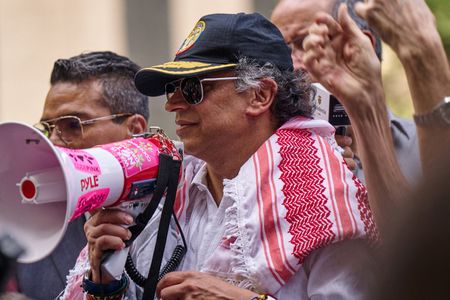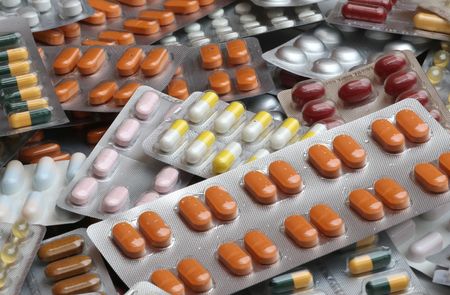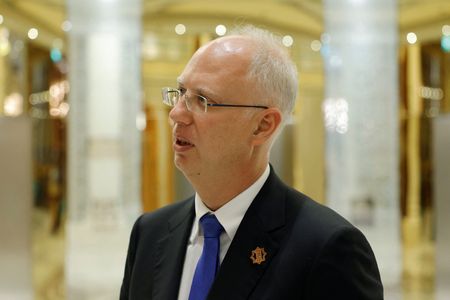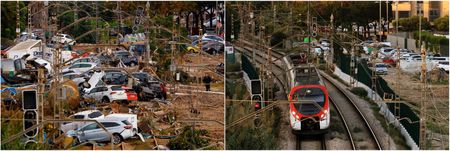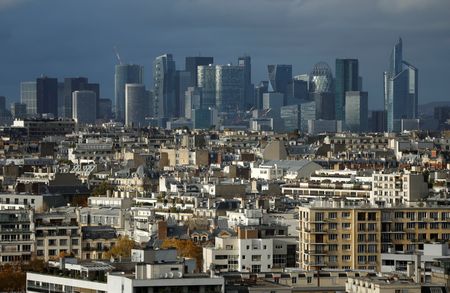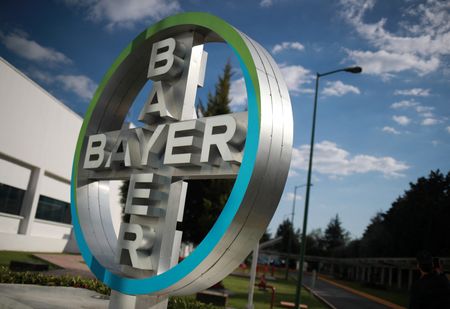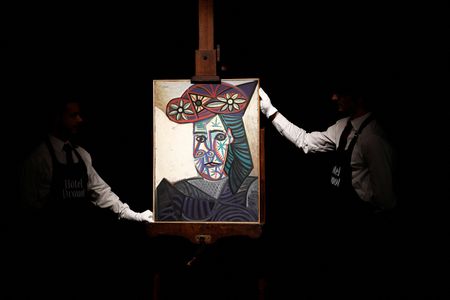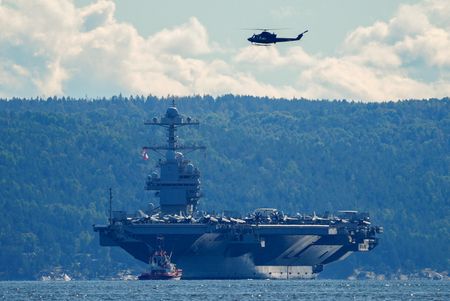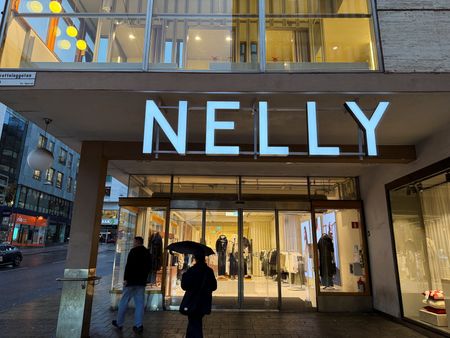By Daphne Psaledakis and Brendan O’Boyle
WASHINGTON/MEXICO CITY (Reuters) -The U.S. on Friday imposed sanctions on Colombian President Gustavo Petro, as President Donald Trump sharply escalated a feud with Washington’s longtime Latin American ally over accusations that Petro has refused to stop the flow of cocaine into the United States.
Tensions between Washington and many countries in the region have been mounting for weeks. The U.S. military has ratcheted up activity in the southern Caribbean, striking vessels in international waters that it has alleged without evidence are carrying drugs.
Trump this week called Petro an “illegal drug leader” after the leftist president accused the U.S. of committing “murder” and said the U.S. had fired at a boat off Venezuela that belonged to a “humble family,” not a rebel group.
“Since President Gustavo Petro came to power, cocaine production in Colombia has exploded to the highest rate in decades, flooding the United States and poisoning Americans,” U.S. Treasury Secretary Scott Bessent said in a statement.
“President Petro has allowed drug cartels to flourish and refused to stop this activity. Today, President Trump is taking strong action to protect our nation and make clear that we will not tolerate the trafficking of drugs into our nation.”
In a post on X, Petro said: “Fighting drug trafficking for decades, and effectively, has brought me this measure from the government of the very society for whom we helped so much to stop their cocaine consumption.
“A complete paradox — but not one step back, and never on our knees.”
While rare, the imposition of sanctions on a head of state is not unprecedented. The move adds Petro to a short list that includes the leaders of Russia, Venezuela and North Korea.
Petro’s wife and son as well as Armando Benedetti, Colombia’s interior minister, were also hit with sanctions on Friday under the authority that allows Washington to target those it accuses of being involved in the global illicit drug trade.
On X, Benedetti said he had been penalized for merely stating that Petro was not a drug trafficker and that the sanctions proved the U.S. anti-drug fight was a “sham.”
Friday’s action freezes any U.S. assets of those targeted and generally bars Americans from dealing with them.
“President Trump has been clear that President Petro better close up these killing fields immediately, or the United States will close them up for him, and it won’t be done nicely,” said White House spokeswoman Anna Kelly.
CLASHES SINCE TRUMP TOOK OFFICE
Trump and Petro have clashed several times since the Republican U.S. president took office in January, including in an escalating feud stemming from the U.S. military strikes on vessels allegedly transporting drugs.
Last weekend, Trump threatened to raise tariffs on Colombia and said on Wednesday that all funding to the country had been halted.
In a separate statement on Friday, the State Department said Secretary of State Marco Rubio will not certify Colombia’s counter-narcotics efforts.
Last month, the United States revoked Petro’s visa after he joined a pro-Palestinian demonstration in New York and urged U.S. soldiers to disobey Trump’s orders.
Earlier in the year, Petro and Trump clashed over Colombia’s refusal to accept military aircraft carrying deported migrants.
Petro also had differences with Trump’s Democratic predecessor Joe Biden, sometimes criticizing the U.S. for a policy he considered overly harsh against drug-producing countries and for not taking enough responsibility for dealing with Americans’ demand for illegal narcotics.
But Petro and Biden sought ways to maintain drug enforcement cooperation and also shared common ground on issues such as climate change and migration.
Brett Bruen, who served as a foreign policy adviser under former President Barack Obama and is now head of the Global Situation Room consultancy, said that Trump was creating more problems by imposing sanctions on Petro and conducting strikes against suspected drug traffickers off the coast of Colombia.
“These cowboy theatrics may play well to his base on social media, but they are creating very combustible conditions we will soon have to contend with on our doorstep,” Bruen said.
Petro has pledged to tame coca-growing regions in Colombia with massive social and military intervention, but the strategy has brought little success.
The Colombian foreign ministry on Tuesday said Petro’s government had seized more cocaine than previous administrations and that coca leaf crop expansion has slowed every year since 2021.
In a meeting with the U.S. charge d’affaires in Colombia, Petro “reiterated the importance of the United States basing its assessments on accurate data regarding Colombia’s fight against drugs,” the ministry said.
(Reporting by Daphne Psaledakis, Matt Spetalnick, Steve Holland and Doina Chiacu in Washington, Julia Symmes Cobb in Bogota and Brendan O’Boyle in Mexico City; Editing by Humeyra Pamuk, David Gregorio and Rosalba O’Brien)

